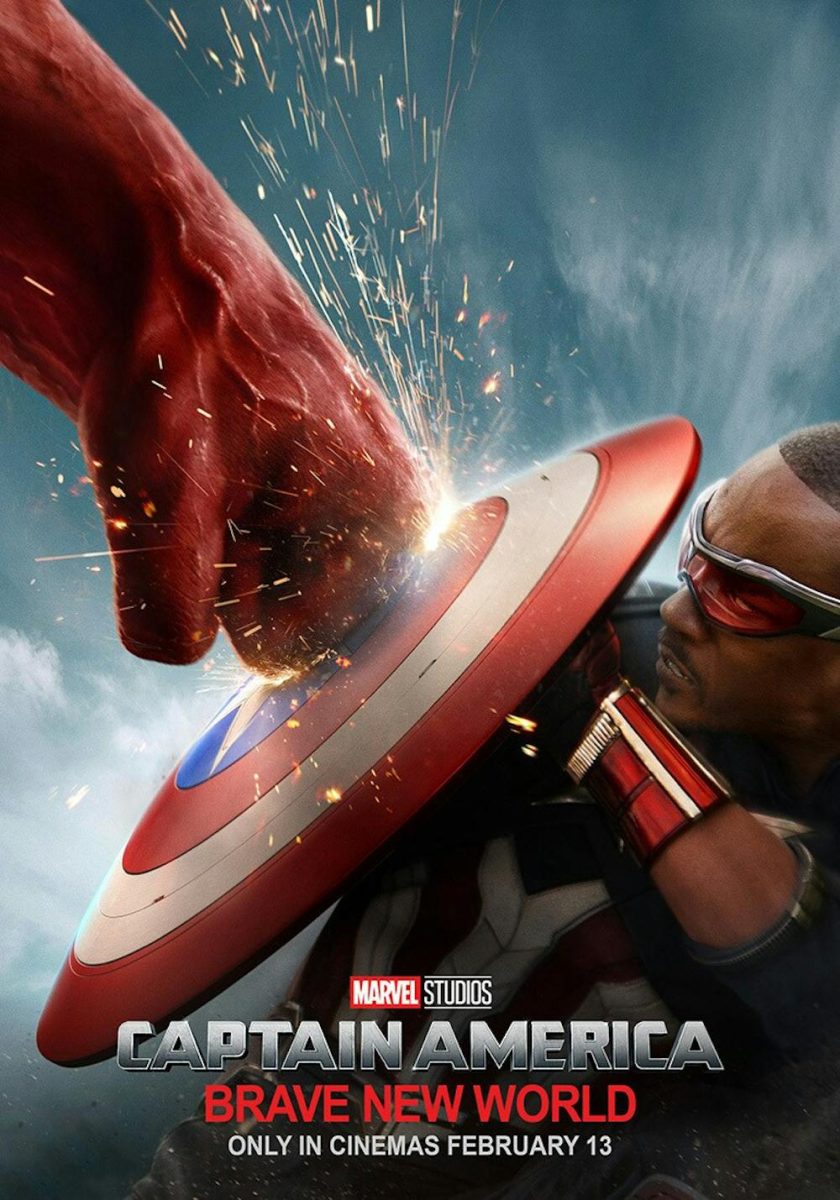By Alexander R. Campbell
Emulation of video games, the downloading and playing of console, computer, and handheld games for free, using the hardware and software on your computer to run them, is a bit of a touchy subject for the video game industry itself and is a subject of debate for the video game playing community. We live in an auspicious age where entire libraries of games of the older consoles and handhelds are as easily available and accessible to us as the internet is. I’m here to throw in my two cents regarding what is wrong, ok, and questionable when it comes to emulation.
 First off, what is obviously wrong? Don’t emulate games from the current generation. That is straight up theft and unquestionably fitting the definition piracy, as the company or companies that published the game and the people who made are still drawing in money from the sales. Video games are the fruits of literal years of labor. The people involved have a right to charge money for the products they make. Emulating a brand new video game is the same as giving the creators the middle finger and stealing the bread right out of their mouths.
First off, what is obviously wrong? Don’t emulate games from the current generation. That is straight up theft and unquestionably fitting the definition piracy, as the company or companies that published the game and the people who made are still drawing in money from the sales. Video games are the fruits of literal years of labor. The people involved have a right to charge money for the products they make. Emulating a brand new video game is the same as giving the creators the middle finger and stealing the bread right out of their mouths.
So when, then, is it acceptable to emulate a game? I will give you three definite. The first are games (not in the current generation), that you’re never going to be able play otherwise. Fellow children of the 90’s, do you remember the “Pokémon Trading Card Video Game” for the “Gameboy Color?” Well, even if you don’t, it was a thing, as was its sequel that only ever came out in Japan, and is thus only available in Japanese with its proper physical media as a “Gameboy” cartridge. I would say it would be acceptable to emulate a game such as this as it is extremely old, kind of hard to come by, and requires you to learn a different language just to play, whereas with emulation you can get it instantly and a patch in a fan-made translation-to-English file.
The second, building off of the oldness factor, are games that the creators and those otherwise involved are no longer receiving any money for, and thus robbing no one of anything if you attempt to play them for free. Ones that have fallen out of relevant circulation and cycled out of stores(not counting stores who specifically sell old games) to make way for the newer games. Games like “Drakengard” for the “PlayStation 2” or something like that. I will speak more on this when I talk about what is “questionable.”
Lastly, when it comes to what is acceptable to emulate, are games you’ve already bought. If you’ve already paid for a game, that’s it. You’ve paid for the right to play this game. I would argue that entitles you to download and play the same version of the game you paid for if something happens to the physical medium. Because the emulation is just the data you’ve already paid for. Granted, there are a few specific things I want to bring up about this in what I think is “questionable” about emulation.
That said I’m now going to talk about just that. What, indeed, is questionable when it comes to emulation? With no definite yes’s or no’s or the lines aren’t so clear. Going back to games that are no longer drawing in profit for the creators and those involved for a moment. It’s actually quite hard to tell what is and what isn’t drawing in profit any more. Oldness by itself is not a reliable method of telling because of the remakes and HD re-releases constantly being made of games these days. Not to mention digital sales of the same games on services such as the “PlayStation Network Store,” “Steam,” or the “Nintendo E-Shop.” Is it ok to emulate a game that’s only been put back into circulation to milk money out of the fame it once held? I can’t say. But if you think it isn’t, then all it takes is a simple Wikipedia search to find out about a game’s release history when considering emulating it.
Lastly, when it comes to games you’ve already paid for, there are two things to take into consideration. The first is the material cost you are avoiding. You’ve already paid for the medium, a cartridge, a disc, whatever, and the data on it. Is it ok to not pay the cost again for the medium and whatever it takes to inscribe the data on it? When you emulate, you’re just fooling around with the data, but the medium it was once on is no longer in the equation. It costs money to physically create something to put a video game on for sale. Something you don’t need to worry about if you originally bought the game over a digital service, but giving the middle finger to the “cartridge cost” is something worth considering.
The second, when it comes to emulating games you’ve already bought, is when it comes to different versions by different people. Let me present you with a personal conundrum I’m actually facing at this very moment. A while ago, I purchased Final Fantasy V over “PlayStation Network.” The version I bought was, in fact, Sony’s “PlayStation 1” version. After a bit of research, I realized that I actually wanted the “Gameboy Advance” version, put out by Nintendo, instead. Now, I already paid, let’s say five bucks to Sony for the “PlayStation 1 version,” does that entitle me to every version of the game? Would I, or would I not be wrongly cheating Nintendo out of that five bucks if I emulated their version of the game, even if the difference between them was just a new feature of better graphics? I don’t know, and I’m not particularly looking for an answer from you, dear reader. It’s just another thing to consider when you are considering emulation.
So, as you can see. There are, in fact, many, many things to take into account when you go to emulate a game, both ethical and legal. It certainly is nice to have, say, the entire SNES library at your disposal with a few clicks of the mouse, for free. But be aware of what it is, exactly, that you are doing and to whom you are doing it to when you emulate.
Categories:
Game Corner: Issues with Emulation
December 9, 2015
0
Tags:





